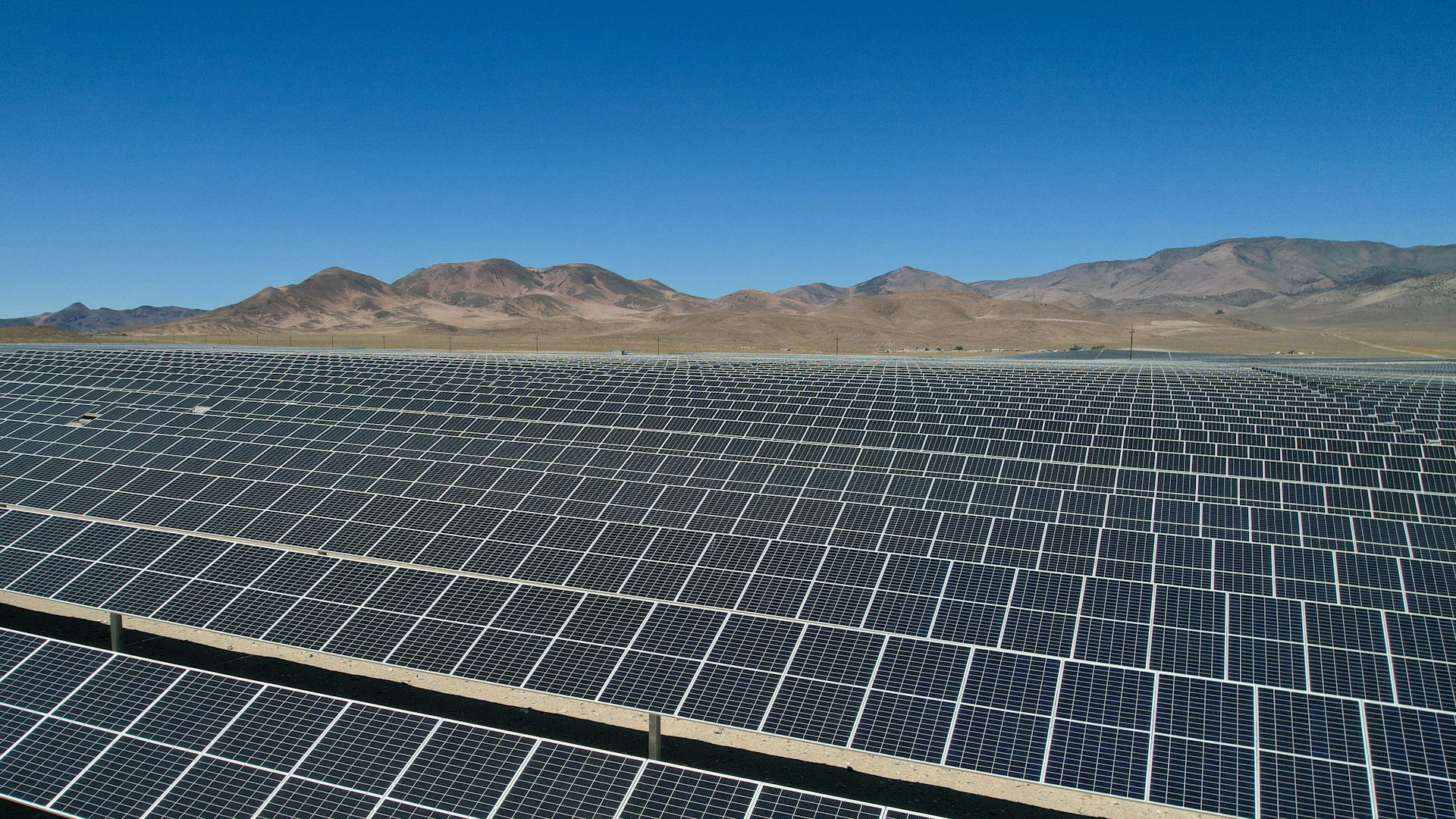The Nigerian oil and gas sector recorded a total loss of 68.94 million barrels of crude to oil theft and metering issues in the five years between 2021 and July 2025.
This is according to the latest crude oil losses trends report from the Nigerian Upstream Petroleum Regulatory Commission (NURPC) on Thursday which showed the country has recorded steady progress over the years.
Since the implementation of the Petroleum Industry Act (PIA) in 2021, Nigeria has been witnessing a gradual reduction in crude oil losses as can be seen below:
- 37.6 million barrels in 2021, averaging 102,900 bpd
- 20.9 million barrels in 2022, averaging 57,200 bpd
- 4.3 million barrels in 2023, averaging 11,900 bpd
- 4.1 million barrels in 2024, averaging at 11,300 bpd
The upstream oil sector regulator said even more progress was made in the first seven months of 2025, when losses were further contained to 2.04 million barrels or an average of 9,600 bpd.
The year-to-date figure for 2025 amounts to a 50.2% cut compared to the losses recorded in 2024.
Put differently, the total volume lost in the first seven months of 2025 represents a dramatic 94.57% drop in crude oil losses compared to the full year of 2021, when Nigeria lost a staggering 37.6 million barrels.
The 2021 was the highest in the country’s history since 2002, whilst the lowest figure was seen in 2009 when losses dropped to all-time low of 8,500 bpd.
Oil theft remains a burning concern in Nigeria’s oil industry.
Vandals and criminal networks often make illegal connections to oil installations across the Niger Delta with the aim of either selling them or sending them to their illegal refineries.
The government has declared a state of emergency on oil theft and illegal refining operations in the country, still the act has continued, however reduced of late.
How Nigeria is reducing oil theft
The NUPRC, which oversees the upstream oil and gas sector for transparency and accountability, attributes the steady progress in the reduction of crude oil losses in Nigeria to the implementation of the Petroleum Industry Act in 2021.
Specifically, it said it has adopted a balanced mix of kinetic and non-kinetic strategies in tackling oil losses since the PIA was established.
On the kinetic front, the Commission has continued to collaborate closely with security agencies, operators and communities, whilst it has also implemented strategic regulatory measures to close systemic loopholes on the non-kinetic side.
One key initiative in this attempt has been the metering audit across upstream facilities to ensure accurate measurement of production and exports.
In June, the Commission expressed readiness to begin the implementation of a real time tracking system for crude oil export cargoes with the aim to curb theft and boost revenue.
The revised framework now operates with a more comprehensive process that mandates all licensed oil producers in the country to secure:
- Export permit
- Vessel clearance, and
- A unique cargo identification number is required before any shipment can leave the shores.
To further strengthen control, the NUPRC has also approved 37 new crude oil evacuation routes to combat oil theft.
Recall, NNPC boss Bashir Ojulari said last month that Nigeria’s pipelines have achieved near 100% availability compared to three years back when only about 30% of crude sent through certain pipelines could reach export terminals.
Overall, the steady reduction in oil theft over the last five years will help boost the oil export earnings of Nigeria.
The country until recently was losing around $1 billion annually to both oil theft and under-declared exports.
Nigeria depends on oil for over 70% of its export earnings and the oil and gas industry funds a significant share of its national budget.









